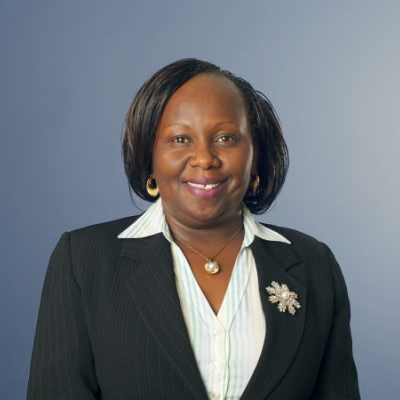
Director, Law Division, UN Environment Programme

The University of Bradford School of Law looks forward to welcoming you to Bradford for its conference on Just Transition and Environmental Justice: Principles, Practice and Implementation Strategies for a Post-Oil Future, holding in person and online.
The conference aims to provide key insights on strategies for the implementation of a just transition for all, towards realising environmental sustainability at international, regional and national levels. Participants will be drawn from diverse sectors, including States, non-state actors and the third sector, and leading experts from various disciplinary backgrounds will deliberate on the principles, practices and implementation strategies for just transition and environmental justice in a post-oil future. The conference will focus in particular on the developing country contexts, and will engage with key concerns such as the broader implications of the transition, climate change adaptation and mitigation in a post-oil future, access to justice for vulnerable and affected communities, and effective governance, legal, regulatory and fiscal frameworks encompassing these issues.


Director, Law Division, UN Environment Programme
.jpg)
Professor of Economic Geography at Durham University
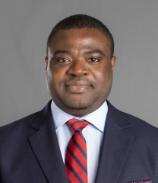
UNESCO Chair on Environmental Law and Sustainable Development, Hamad Bin Khalifa University
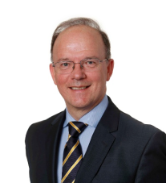
Professor of Sustainability & Risk Management, University of Bradford.
-183x183.jpg)
Responsible for statistical cooperation with Sub-Saharan Africa, Insee, France
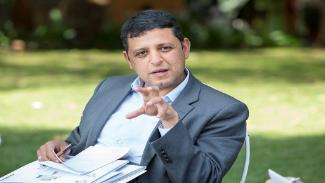
Senior Research/Programme Advisor, the United Nations Office for South-South Cooperation (UNOSSC)
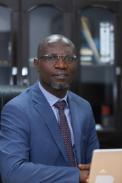
Managing Director, Nigerian Capital Market Institute Subsidiary (Securities & Exchange Commission)
-155x183.jpg)
Professor of Environmental Law; Executive Director, Environmental Law Research Institute (ELRI)

Associate Professor, Faculty of Environmental & Urban Change, York University
-183x183.jpg)
Social Action International
-138x183.jpg)
Partner, Watson Farley and Williams

Professor Emeritus, University of California, Berkeley, California, USA
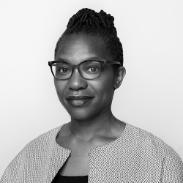
Director of Politics and Governance programme, Overseas Development Institute (ODI) UK
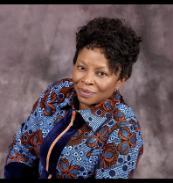
Founder of Anpez Centre for Environment and Development,; Educator and Member of the Earth Charter I
-172x183.jpeg)
Chief Executive on Sustainable Development Goals (SDGs) to Chief Minister Andhra Pradesh, India.
This theme focuses on the conceptualisation of just transition within a global context and principles which envision a just and equitable process towards a healthy economy.
Discussions under this theme will focus on how just transition can result in social inequalities and the need for social and environmental justice actions in the just transition narrative.
This theme explores the gendered impacts of just transition, advocating for policies that not only facilitate just transitions, but ensuring that gender plays a key role in the policy and implementation process in any jurisdiction.
This theme examines the interlinkage between global environmental justice concerns and the governance processes at global levels, with a view to determining how these processes affect access to environmental justice in the just transition narrative.
Discussions will focus on multilateral financing and proposed business strategies/models to facilitate just transition in global economies.
This theme explores the integration of access to information and education on just transition at global and national levels.
This theme discusses the role of stakeholders at national levels, in ensuring that a fair and just approach is applied in the transition to a cleaner, sustainable economies.
Discussions under this theme will be based on successful just transition case studies in relation to mining and other industries; including industrial transitions which empower workers and communities; and key learnings on how to achieve better outcomes for the future.
For any inquiries or further information please get in touch with our School of Law Team.